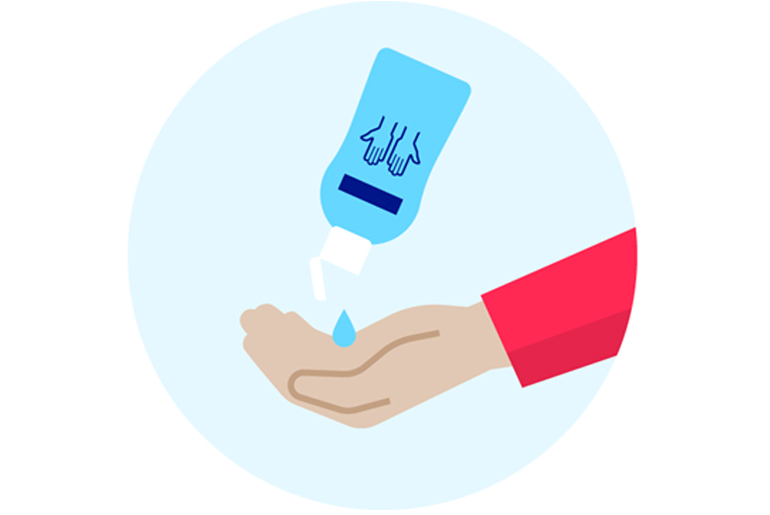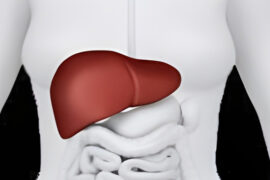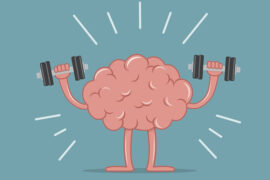Hygiene is a set of practices aimed at maintaining and promoting health by preventing the spread of diseases and ensuring personal well-being. It encompasses various aspects, including personal hygiene, environmental hygiene, and public health measures. Personal hygiene involves habits such as regular handwashing, dental care, and cleanliness of the body to prevent the transmission of pathogens. Environmental hygiene focuses on maintaining clean surroundings to minimize the risk of infections.
Public health measures include policies and practices implemented at a community or societal level to safeguard the overall well-being of the population. Overall, practicing good hygiene is crucial for disease prevention, promoting physical well-being, and fostering a healthy and sanitary environment for individuals and communities alike.
Hygiene Myths:
- Cold Weather Can Cause a Cold: The common cold is caused by viruses, not cold weather. While cold weather may make you more susceptible to certain infections, it’s not the direct cause of the cold.
- You Need to Wash Your Hair Every Day: Washing your hair every day can strip it of natural oils, leading to dryness and potential damage. The frequency of hair washing depends on your hair type and lifestyle.
- The Five-Second Rule for Dropped Food: The idea that food is safe to eat if it’s picked up within five seconds of being dropped is a myth. Bacteria can contaminate food almost instantly upon contact with a contaminated surface.
- Using More Soap Makes Things Cleaner: Using excessive amounts of soap does not necessarily make things cleaner. In fact, using too much soap can lead to residue buildup and may not improve cleanliness.
- You Can’t Get an STD from Oral Sex: Contrary to the belief that oral sex is safe from sexually transmitted diseases (STDs), many STDs can be transmitted through oral sex. It’s important to practice safe sex and use protection.
- Flu Shots Give You the Flu: The flu vaccine is made from inactivated viruses or viral particles and cannot give you the flu. It may cause mild side effects, but these are not the same as having the flu.
- More Sweating Means More Toxins Released: Sweating is a natural bodily function to regulate temperature, and it does not necessarily mean you are expelling toxins. Your body primarily detoxifies through organs like the liver and kidneys.
- Toothpaste Can Cure Pimples Overnight: While toothpaste might have drying properties, it’s not a recommended acne treatment. Toothpaste contains ingredients that can irritate the skin, and it’s best to use products specifically designed for acne.
- Wet Hair in Cold Weather Leads to Illness: Being cold or having wet hair doesn’t directly cause illnesses. Illnesses are caused by viruses or bacteria, not by exposure to cold temperatures.
- Using a Tanning Bed Before Vacation Prevents Sunburn: Tanning beds do not provide significant protection against sunburn. They may increase your risk of skin cancer and damage your skin. It’s crucial to use sunscreen for sun protection.
It’s important to be aware of these hygiene myths and rely on accurate information to make informed decisions about personal hygiene and health.
Disclaimer:
The information contained in this article is for educational and informational purposes only and is not intended as a health advice. We would ask you to consult a qualified professional or medical expert to gain additional knowledge before you choose to consume any product or perform any exercise.







